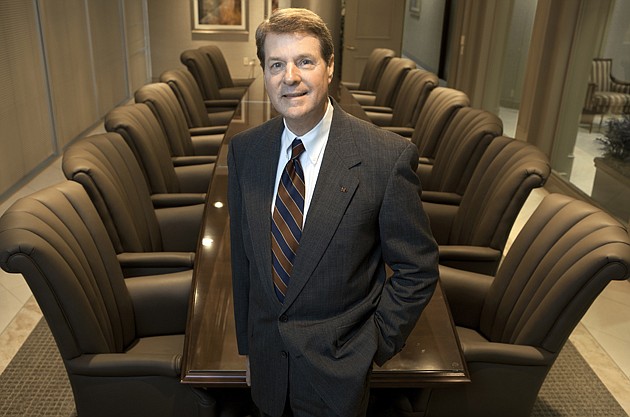- December 13, 2025
-
-
Loading

Loading

If banks are a reflection of the communities they serve, then consider that fact another sign that the regional economy from Tampa to Naples is recovering.
Earnings at banks headquartered from Pasco to Collier counties rose significantly in the third quarter and the year-to-date. Assets have grown too, suggesting bankers are making loans again.
“I think the improving numbers among the community banks in Southwest Florida is reflective, frankly, of the improving economy,” says Tramm Hudson, a 32-year banking veteran on the Gulf Coast who was most recently Florida president of Stearns Bank.